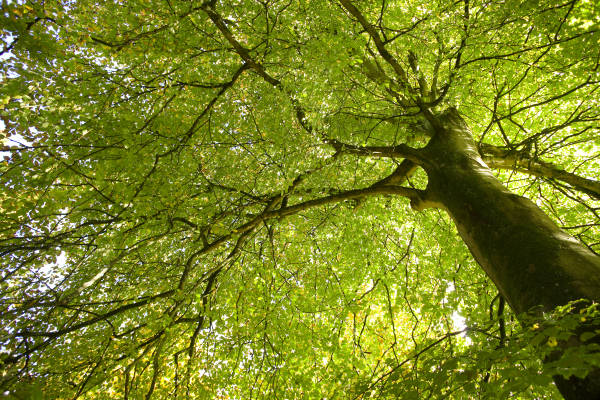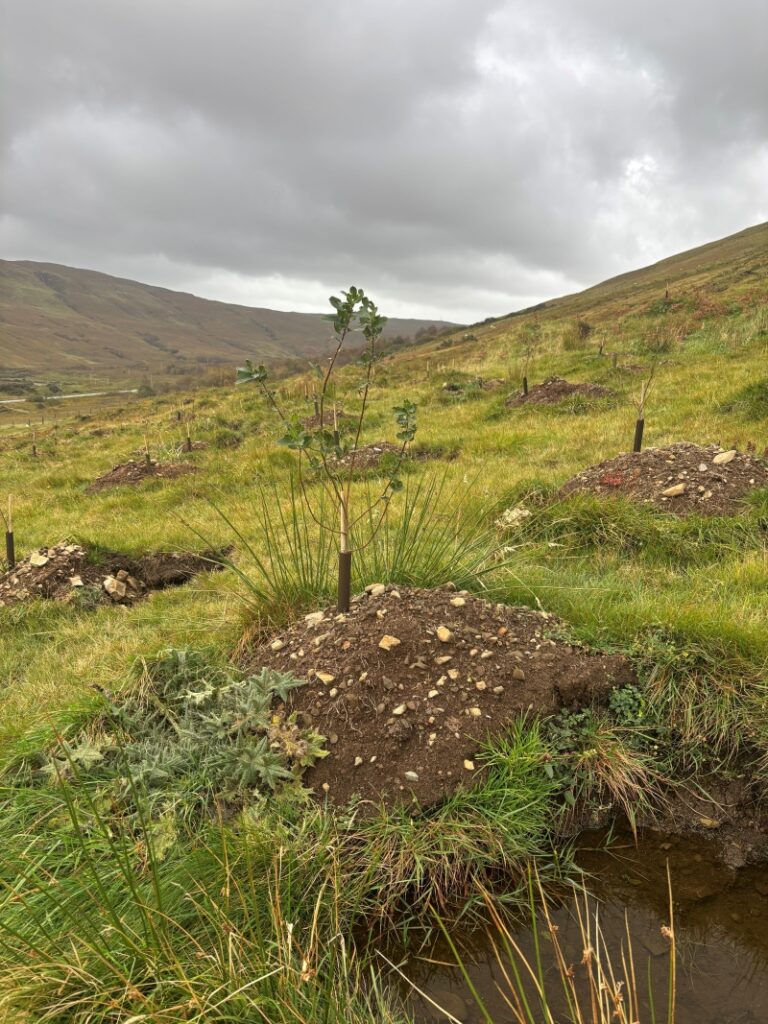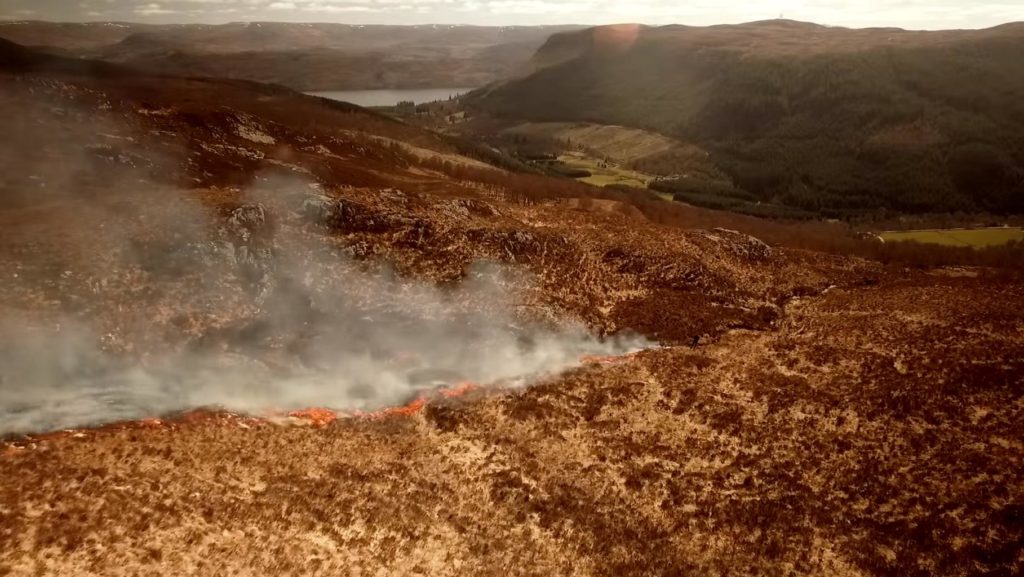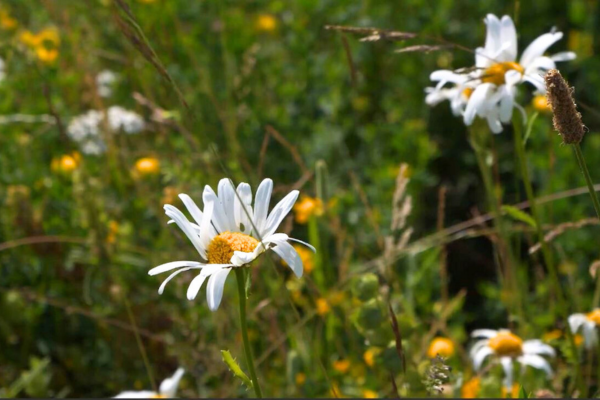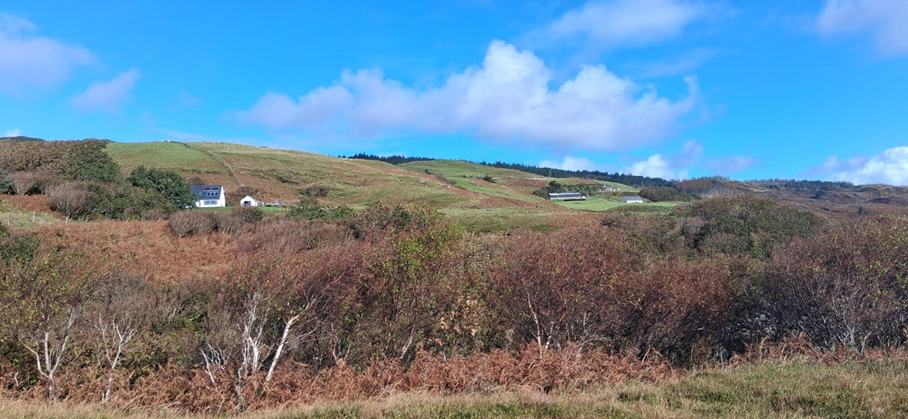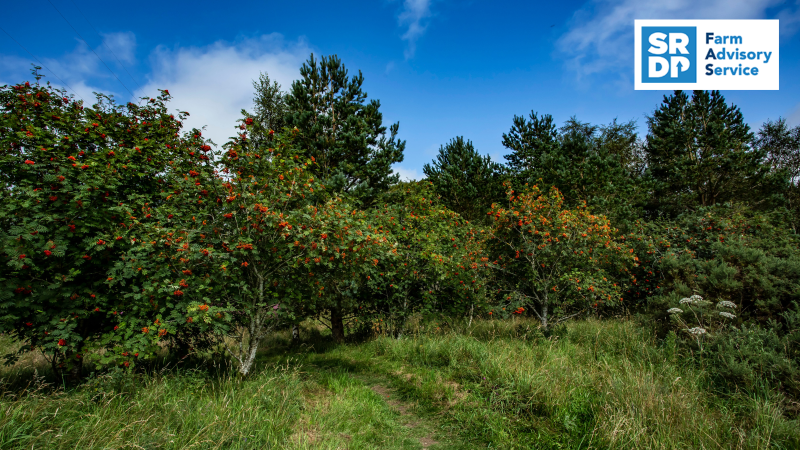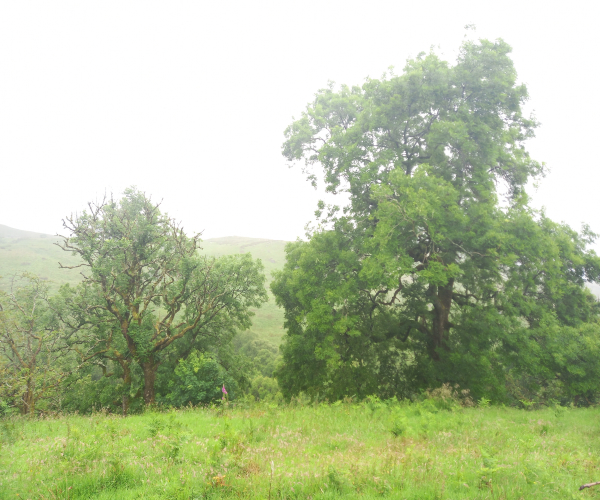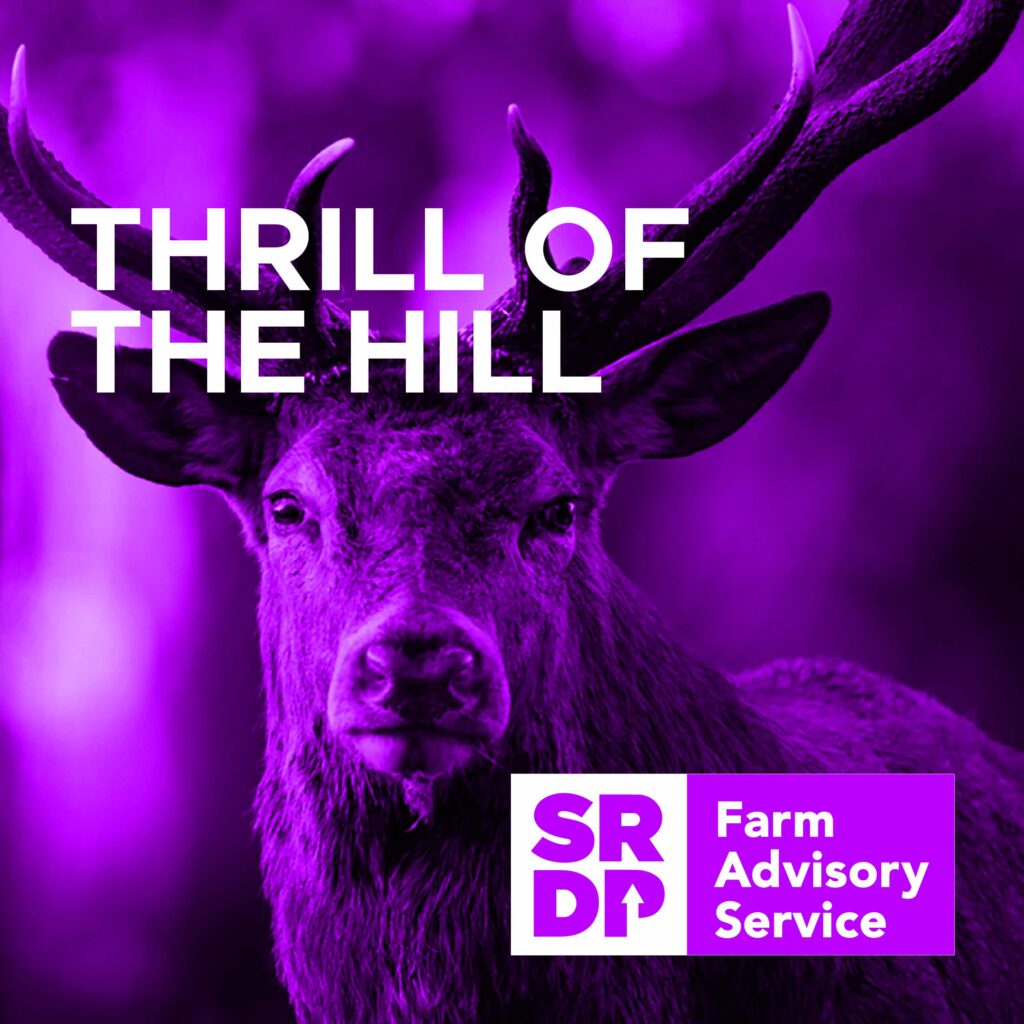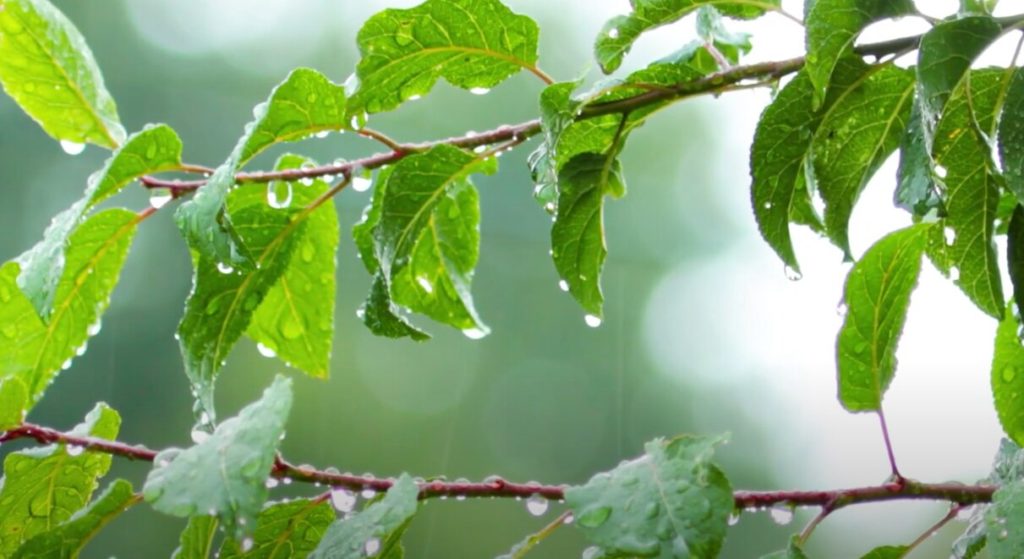Woodland
Improvements in Broadleaved Trees – An Opportunity for Landowners
Broadleaf tree planting has increased dramatically since the 1980s, driven largely by environmental schemes and landscape objectives. But broadleaves can offer far more than amenity or conservation value alone. Thanks to advances in tree breeding, improved broadleaf trees now offer landowners the chance to grow better-quality timber, strengthen resilience to pests, disease, and climate change, and diversify farm…
FAS Woodland Tool Helps Skye Crofter Plant 45,000 Trees
This case study highlights how crofters can benefit from the free FAS woodland tool to explore woodland establishment and management options on their croft. The case study explores Mr MacAskills experience using the woodland tool. Click Here for the Woodland Tool About the Croft Located in Drynoch on the Isle of Skye, Alasdair’s 1200ha croft…
Muirburn Licence Scheme Changes
It has recently been confirmed that the implementation of the licence scheme will be delayed until Autumn 2026. It was previously expected that by 1st January 2026, it would be a requirement to have a licence to carry out muirburn with the online application process launching on the NatureScot website. The reason behind this change…
Farm Biodiversity Scotland App
NatureScot is developing and testing a simple and easy to use farm biodiversity audit and planning process, which could be completed by any farmer or crofter using a digital tool. This is based around a four-step process to Map, Measure, Manage and Monitor for biodiversity. The Farm Biodiversity Scotland mobile app and web platform (otherwise…
Croft Case Study – Woodland Advice
This case study highlights how crofters can make use of the free FAS woodland tool to identify opportunities and utilisation for woodland on their land. The case study explores the MacGillivray’s experience using the FAS woodland tool. Click Here for the Woodland Tool ”I don’t think any of us appreciated the special nature of the…
Get Funded Specialist Advice to Benefit from Trees on your Farm or Croft
Planting trees on farms and crofts can help prevent livestock heat stress, increase water use efficiency and reduce the effects of erosion from wind and runoff. Trees on farms can also reduce on-farm emissions and support climate mitigation by acting as a carbon sink, absorbing and storing carbon from the atmosphere. The Scottish government recognises…
Managing Ash Dieback
Ash dieback fungus was originally found at several sites in Scotland on newly planted sites that had imported trees from the Netherlands. By 2015 it was clear that it would be impossible to stop the spread of the disease. By 2020 the disease was prevalent in many of the trees in the landscape and was…
Thrill of the Hill – Planting MOREwoods: The Woodland Trust
Thrill of the Hill is back for season 6! Armed with a new team, new ideas and a range of new speakers, Alex takes on the hot topics impacting the farmed upland environment. In this episode outreach adviser Charlie Owen from the Woodland Trust discusses the MOREwoods scheme set up by the Woodland Trust. The…
What is the Woodland Carbon Code?
The Woodland Carbon Code is the quality assurance standard for woodland carbon projects in the UK. It sets out requirements for voluntary woodland creation projects which tackle climate change by removing carbon dioxide from the atmosphere as the trees grow. The code is managed by Scottish Forestry on behalf of the Forestry Commission, Welsh Government, Scottish…
A Beginner’s Guide to Tree Cuttings
Achieving effective climate resilience means tree planting in some form or another. Trees and woodlands provide a multifaceted range of benefits that include sequestration of atmospheric carbon, the provision of shelter, protecting vulnerable soils and livestock and their inherent habitat value. Scotland’s Forest Strategy 2019 – 2029 sets out the vision for the country’s woodland…

